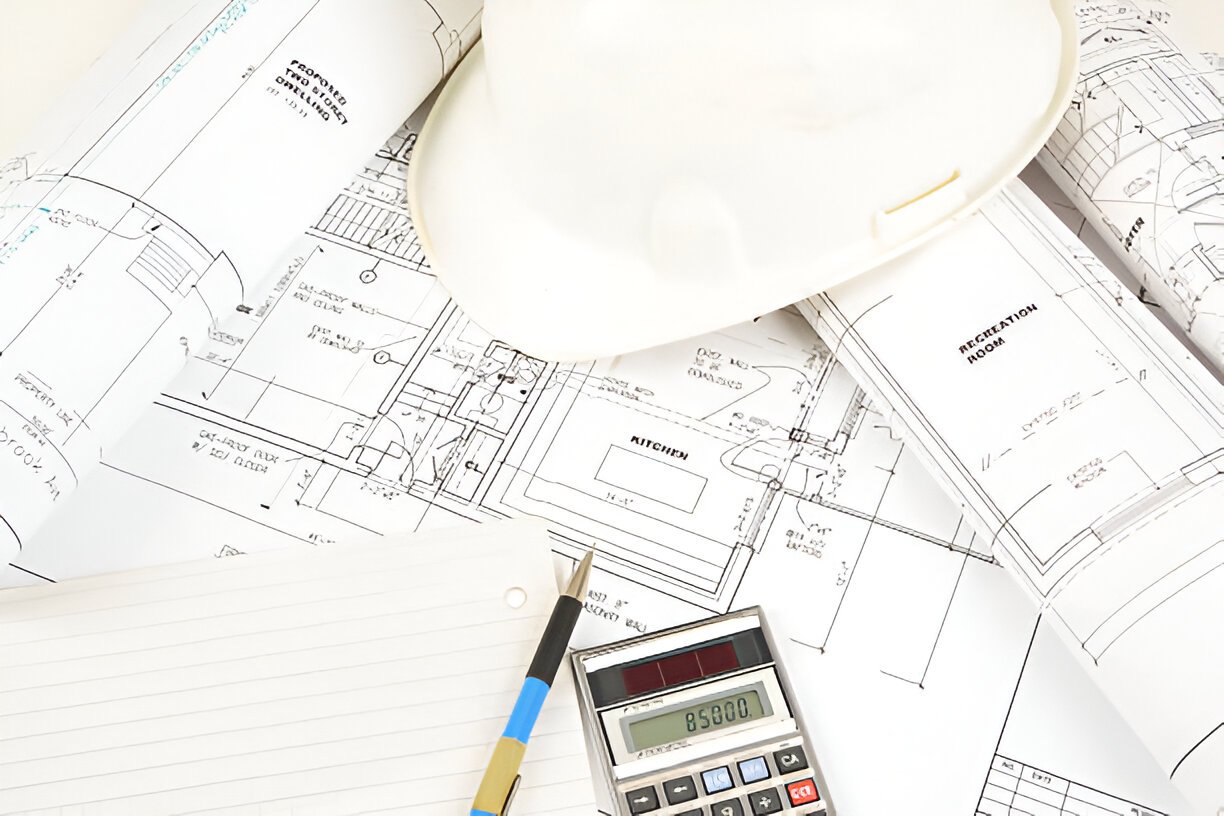Accurate construction estimating is essential to successful project management in the construction industry. From budgeting and planning to resource allocation and risk mitigation, cost estimation ensures projects remain financially sustainable while being completed on schedule. Accuracy requires expert analysis using industry-specific tools like elemental cost analysis. In this article, we highlight essential components necessary for accurate construction estimating, including the role of estimators, service providers, and elemental cost analyses in producing accurate projections.
Accurate construction estimation is essential.
Precise construction estimating sets the stage for successful project execution, providing an essential financial framework that aligns with the scope, timeline, and quality expectations of any given project. Benefits associated with precise estimation may include:
Budget Control: Ensuring costs meet client expectations and project objectives.
Resource Optimization: Allocating materials, labor, and equipment efficiently.
Risk Reduction: Pinpointing potential cost overruns while mitigating financial risks.
Enhance decision-making: Provide stakeholders with all of the data needed to make intelligent choices.
Construction Estimators
Professional estimators specialize in evaluating the financial and material requirements for any given project, providing accurate cost estimations through expert evaluation of financial documents. Their key responsibilities may include:
Examining blueprints and project specifications. Calculating labor, material, and equipment costs. Integrating indirect costs such as permits, insurance premiums, and overhead into estimates for their projects. Adjusting estimates based on market trends or changes to project scope changes.
Construction estimators utilize advanced tools and methodologies, including elemental cost analysis, to break costs down into manageable components.
Essential Elements for Accurate Construction Estimating
Achieving accuracy in construction estimating requires the integration of several key elements:
1. Experienced Construction Estimators
Skilled construction estimators possess industry expertise, technical knowledge, and an eye for details that ensure precise calculations. They possess an in-depth understanding of market dynamics while employing best practices in their calculations for precise results. Experienced estimators excel at pinpointing cost drivers while offering realistic projections.
2. Dependable Construction Estimating Services
Employing professional construction estimating services is one way to boost accuracy and efficiency on construction projects, offering expert estimates tailored specifically to individual client projects using industry knowledge, specialist tools, and experienced personnel to provide estimates tailored to specific project parameters.
3. Advanced Technologies and Tools
Modern cost calculations benefit greatly from advanced estimating software, Building Information Modeling (BIM), and cloud platforms; such tools allow estimators to simulate scenarios, analyze data in real-time collaboration with stakeholders, and collaborate in real-time on cost estimation projects.
4. Accurate Market Data
Construction costs can fluctuate due to changes in material costs, labor rates, and market demands; accurate estimating requires accessing current and reliable market data that reflects real-world conditions accurately.
5. Comprehensive Documents
Accurate estimates require comprehensive project documentation—brochures, specifications, and site reports are key in this regard—that accounts for all elements and reduces error risk.
6. Collaboration With Stakeholders
Engaging architects, engineers, contractors, and clients in the estimating process ensures all viewpoints are taken into consideration, helping cost estimates meet project goals and expectations more closely.
Elemental Cost Analysis
Elemental cost analysis plays a central role in accurate construction estimating by providing an in-depth view of individual component costs that make up the project budget. Other advantages associated with elemental cost analysis may include:
Transparency: Gives clear insights into where resources are allocated.
Flexibility: Enables adjustments based on design changes or budget restrictions. Benchmarking: Provides comparison with similar projects to validate estimates.
Error Reduction: Reducing errors caused by missing key cost components is one of the primary advantages of elemental cost analysis, especially for large or complex projects where complete breakdowns of expenses are key for effective project administration.
Construction Estimating Presents Itself with Its Share of Challenges
Although advanced tools and methodologies exist for construction estimating, there can still be difficulties associated with it. Common obstacles may include:
Unfinished Project Details: Due to insufficient documentation, inaccurate estimates may result in underestimations of costs.
Market Volatility: Fluctuations in material prices and labor rates can have an impactful effect on cost projections.
Unforeseen Site Conditions: Unanticipated issues like soil instability or weather delays could alter costs significantly.
Construction estimators face several unique challenges when conducting estimates; to meet them effectively, they rely on contingency planning, regular updates, and collaboration among stakeholders.
Professional Construction Estimation Services Provide an Advantage
Contractors, developers, and project managers can all gain from professional estimating services because of the value they add to providing accurate estimating.
Expertise: Access to experienced estimators with in-depth industry knowledge.
Technology: state-of-the-art tools used for precise calculations.
Efficiency: Quick turnaround times on estimates to facilitate quicker project approvals.
Scalability: Businesses seeking reliable estimating services can easily manage projects of various sizes and complexities by teaming with reliable estimating providers who ensure cost estimates meet project goals while remaining focused on core operations.
Best Practices for Accurate Construction Estimating
To maximize accuracy when it comes to construction estimating, take note of these best practices:
- Maintain regular cost databases reflecting market realities.
- Utilize historical and real-time analysis as projection tools; employ elemental cost analysis for detailed breakdowns; collaborate with stakeholders to validate estimates and align expectations;
- Invest in training and technology to elevate estimator expertise and efficiency.
- Accurate construction estimating is essential to successful project management. By taking advantage of professional estimator skills and employing strategies such as elemental cost analysis, businesses can achieve precision when cost forecasting.
Accurate estimation in an industry focused on financial efficiency and resource optimization is central to project success. From managing residential to commercial or infrastructure projects, proper construction estimating practices guarantee budgets remain realistic while risks are kept to a minimum and growth opportunities maximized.


